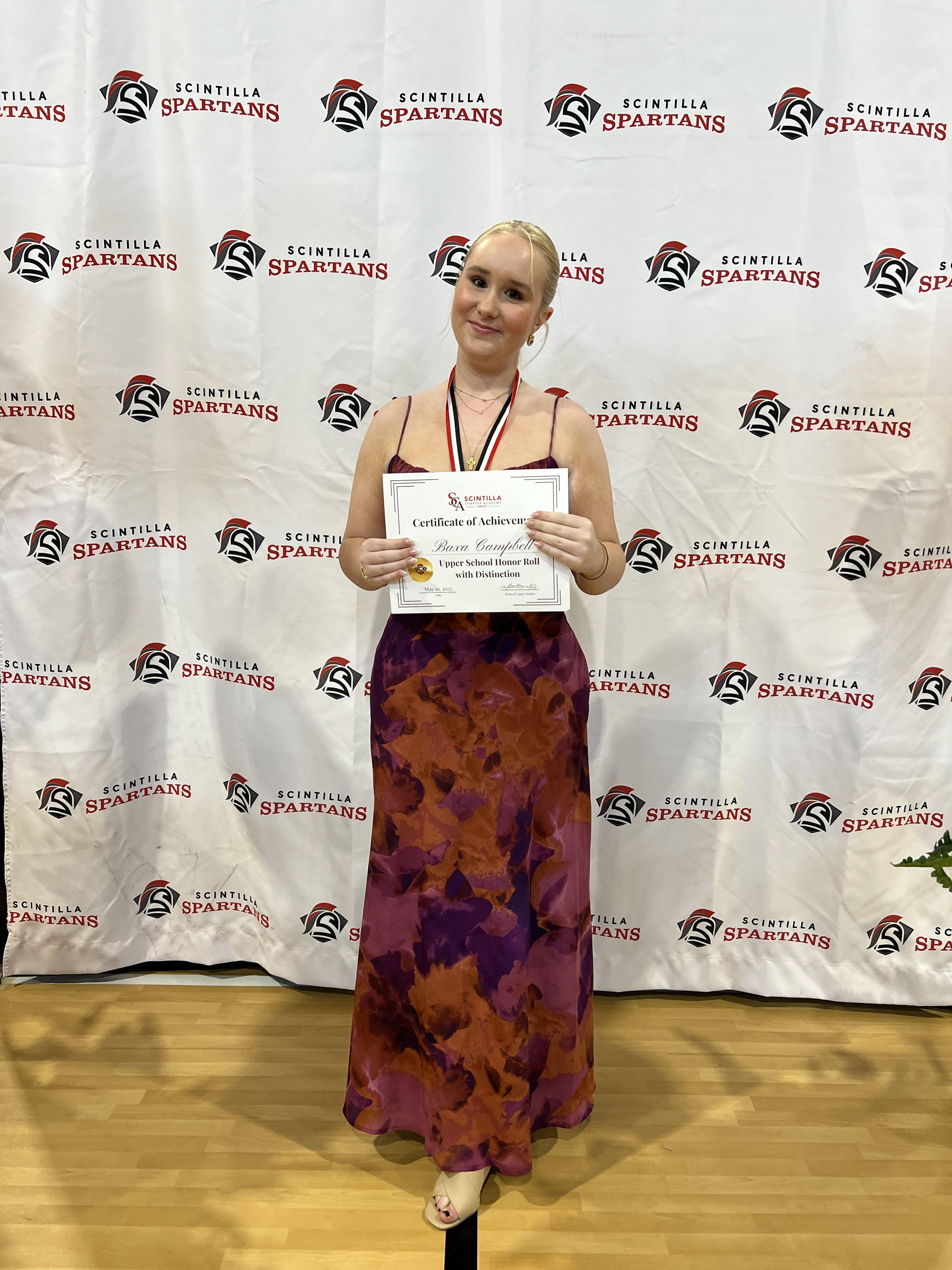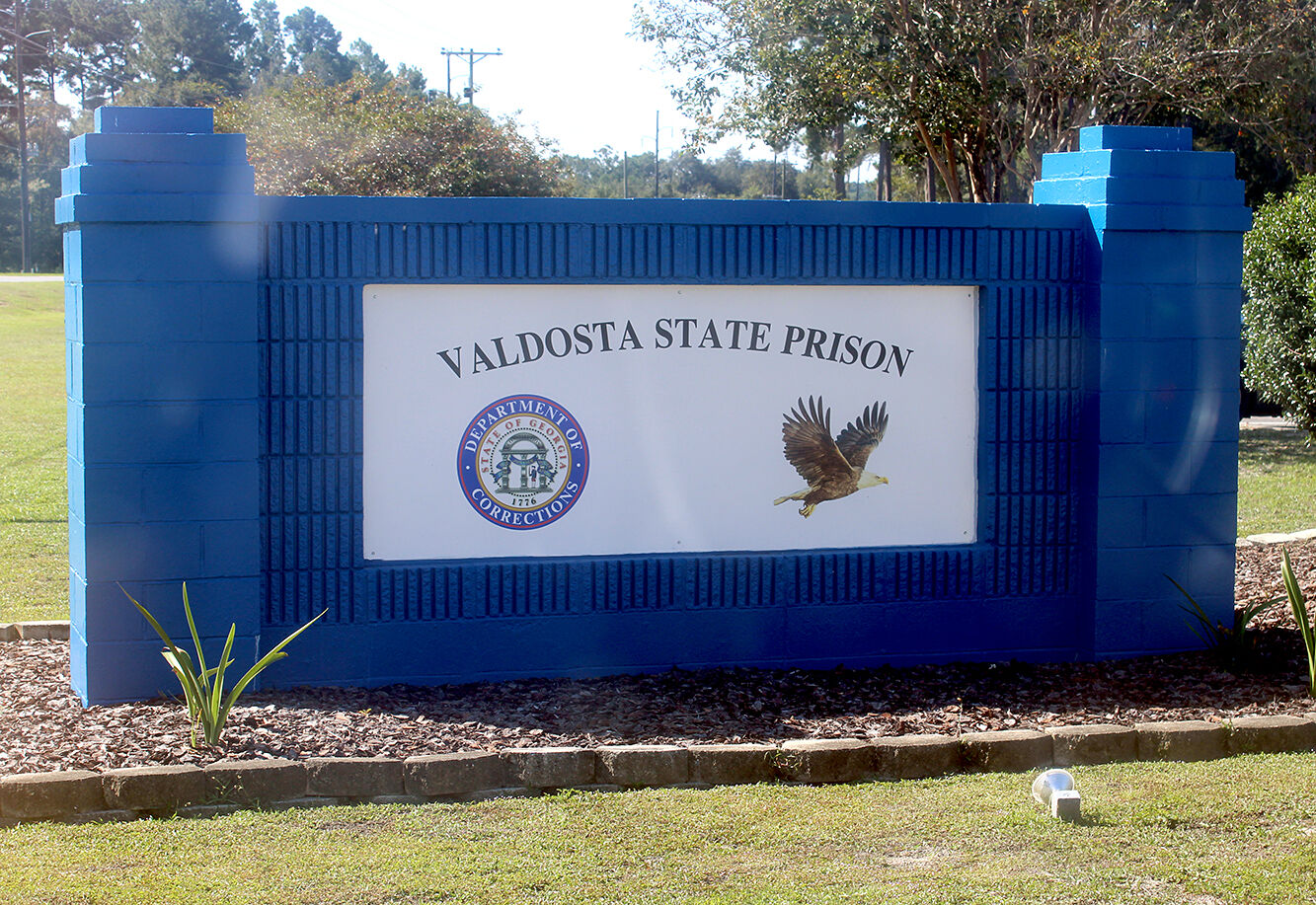UPDATE: No service delivery agreement reached: Officials encouraged by latest meetings
Published 3:30 pm Thursday, September 2, 2021

- Source: City of Valdosta
This story was updated 3:30 p.m. Thursday, Sept. 2.
VALDOSTA – City and county officials didn’t reach an agreement after Service Delivery Strategy negotiations this week but officials said in a joint statement Thursday they are optimistic an agreement can be reached.
Representing the Lowndes County Commission, Valdosta City Council and the City of Hahira, the statement read: “This two-day process included productive discussions amongst elected officials that moved topics further and left officials encouraged that a resolution can be reached.”
Valdosta Mayor Scott James Matheson said the city-county SDS disagreements have always come down to water and sewer as well as roads as they are a “different animal” in comparison to other topics in the SDS agreement.
“Everything else is exactly how it should be in exactly who specializes in (what) and who’s better at things,” he said.
Valdosta City Council and the Lowndes County Commission — alongside officials from Hahira — met at a special called meeting this week to negotiate SDS at the Rainwater Conference Center.
Under state law, cities and counties must negotiate a new service delivery agreement every 10 years, spelling out which services the governments will provide and how they will be funded.
The SDS agreements are aimed at reducing duplication of services and double taxation.
Without such an agreement, Lowndes and the cities within it — Valdosta, Hahira, Remerton, Lake Park, Dasher and Naylor — become ineligible for various state monies.
For nearly five years now, the municipalities and county governments have fought over duplication of services, specifically centering on water and sewer to new businesses.
The groups discussed this matter and came to no conclusions in their negotiations in the 9 a.m.-5 p.m. sessions earlier this week.
A lot of back and forth was seen between mediator and former chief justice of the Supreme Court of Georgia Norman S. Fletcher of Brison, Askew, Berry: Attorneys at Law and the legal team of both city/county entities.
The municipalities’ legal team consisted of Valdosta City Attorney Tim Tanner, as well as Andy Welch and Warren M. Tillery both of Smith, Welch, Webb and White Attorneys at Law.
The Lowndes legal team consists of County Attorneys Walter Elliott, Jim Elliott and Will Elliott.
With mediation over, both sides of it are “committed to open communication” to agree upon the SDS. Matheson said this communication will look similar to last year’s communication on the matter but more “personal”.
The two-day mediation was a start on this “open communication” as it was just “friends and neighbors” sitting in front of one another.
It just worked better this way, he said, referencing an expectation to see negotiations bear fruit in the coming weeks.
According to past reporting, the city wants autonomy to provide services to unincorporated areas without the county’s approval. The county believes this would result in residents or property owners living in unincorporated areas being added to the local city’s jurisdiction.
In January 2020, Lowndes approved a new SDS agreement which needed Valdosta’s approval.
When it came to the City Council for approval, the governing group decided to tweak it, addressing only the water and sewer portion.
The city amended Section B of the water/sewer portion of the SDS proposal changing the phrasing of “intergovernmental agreements” to “extraterritorial agreements” to provide clarity, according to past reporting.
An example of Martin’s Pastries, a business that opened in unincorporated Lowndes County but received city water/sewer services, was added as a parenthetical to the section.
For Section C of the proposal, the city adjusted the wording to reflect its continued position that a commercial economic prospect should have the choice of its utility provider.
Council inserted two deadlines: one requiring an affected party (either city or county) to make an objection within 24 hours of a company requesting water/sewer services and the other requiring a scheduled meeting between the city and county within five days of that objection to discuss a resolution. If a resolution cannot be determined in five days, the original requesting party would be allowed to provide the water/sewage service.
The amendments to Section C were justified, saying that giving a clear timeline would help resolve any issues and not scare businesses away.
Council members did not change any part of Section A.
Councilwoman Sandra Tooley, at the time, voiced a couple of concerns stating that other issues involving SDS still persisted, such as roads, and wanted wording in Section C to reflect that both the city manager and county manager should be notified of a business requesting water/sewer services.
In September 2020, Lowndes won a legal battle where the Georgia Supreme Court overturned lower court rulings, barring the county from suing the board members and a former commissioner of the state Department of Community Affairs.
Lowndes County sued the various cities within the county, as well as the Department of Community Affairs and its then-commissioner, Camila Knowles, in January 2017, according to past reporting.
They argued without an updated service delivery agreement, a previous deal drafted in 2008 remained in effect. The DCA’s board members were later added as defendants.
Knowles and the DCA board claimed sovereign immunity — the principle that state bodies and officers cannot be sued without the consent of the state — shielded them from the lawsuit.
Judges for local and appellate courts previously ruled against the county in this matter but the county appealed to the highest court in the state.
The Georgia Supreme Court ruled the lower courts had erred, drawing a line between state officials being sued in their official capacity vs. their individual capacity.
State officials can be sued without regard to sovereign immunity, the court said, if they are acting in their individual capacity by going beyond their legal authority and if the State of Georgia is not the real party being targeted by the lawsuit.
In the case of the county’s lawsuit, sovereign immunity didn’t apply, sending the case back to the lower courts.
______________________________________________________________
This story was updated at 6:01 p.m.
VALDOSTA — Service Delivery Strategy negotiations reached an impasse at the end of the Tuesday session of the special called meeting on the matter.
Both sides of the negotiation — the Lowndes County Commissioners and the Valdosta City Council — signed a confidentiality agreement.
A joint statement from both parties is expected between tonight and the morning of Sep. 2.
———————————————————————————-
VALDOSTA — Service Delivery Strategy negotiations have gone well this week between county and municipal representatives but nothing has been determined yet, according to city/county officials.
Valdosta City Council and the Lowndes County Commission — alongside officials from Hahira — met at a special called meeting Monday at the Rainwater Conference Center.
Under state law, cities and counties must negotiate a new service delivery agreement every 10 years, spelling out which services the governments will provide and how they will be funded.
The SDS agreements are aimed at reducing duplication of services and double taxation.
Without such an agreement, Lowndes and the cities within it — Valdosta, Hahira, Remerton, Lake Park, Dasher and Naylor — become ineligible for various state monies.
For nearly five years now, the municipalities and county governments have fought over duplication of services, specifically centering on water and sewer to new businesses.
The groups are still discussing this matter and came to no conclusions in their negotiations in the 9 a.m.-5 p.m. session.
A lot of back and forth was seen between mediator and former chief justice of the Supreme Court of Georgia Norman S. Fletcher of Brison, Askew, Berry: Attorneys at Law and the legal team of both city/county entities.
Valdosta’s legal team consists of City Attorney Tim Tanner, as well as Andy Welch and Warren M. Tillery both of Smith, Welch, Webb and White Attorneys at Law.
The Lowndes legal team consists of County Attorneys Walter Elliott, Jim Elliott and Will Elliott.
According to past reporting, the city wants autonomy to provide services to unincorporated areas without the county’s approval. The county believes this would result in residents or property owners living in unincorporated areas being added to the local city’s jurisdiction.
In January 2020, Lowndes approved a new SDS agreement which needed Valdosta’s approval.
When it came to the City Council for approval, the governing group decided to tweak it, addressing only the water and sewer portion.
The city amended Section B of the water/sewer portion of the SDS proposal changing the phrasing of “intergovernmental agreements” to “extraterritorial agreements” to provide clarity, according to past reporting.
An example of Martin’s Pastries, a business that opened in unincorporated Lowndes County but received city water/sewer services, was added as a parenthetical to the section.
For Section C of the proposal, the city adjusted the wording to reflect its continued position that a commercial economic prospect should have the choice of its utility provider.
Council inserted two deadlines: one requiring an affected party (either city or county) to make an objection within 24 hours of a company requesting water/sewer services and the other requiring a scheduled meeting between the city and county within five days of that objection to discuss a resolution. If a resolution cannot be determined in five days, the original requesting party would be allowed to provide the water/sewage service.
The amendments to Section C were justified, saying that giving a clear timeline would help resolve any issues and not scare businesses away.
Council members did not change any part of Section A.
Councilwoman Sandra Tooley, at the time, voiced a couple of concerns stating that other issues involving SDS still persisted, such as roads, and wanted wording in Section C to reflect that both the city manager and county manager should be notified of a business requesting water/sewer services.
In September 2020, Lowndes won a legal battle where the Georgia Supreme Court overturned lower court rulings, barring the county from suing the board members and a former commissioner of the state Department of Community Affairs.
Lowndes County sued the various cities within the county, as well as the Department of Community Affairs and its then-commissioner, Camila Knowles, in January 2017, according to past reporting.
They argued without an updated service delivery agreement, a previous deal drafted in 2008 remained in effect. The DCA’s board members were later added as defendants.
Knowles and the DCA board claimed sovereign immunity — the principle that state bodies and officers cannot be sued without the consent of the state — shielded them from the lawsuit.
Judges for local and appellate courts previously ruled against the county in this matter but the county appealed to the highest court in the state.
The Georgia Supreme Court ruled the lower courts had erred, drawing a line between state officials being sued in their official capacity vs. their individual capacity.
State officials can be sued without regard to sovereign immunity, the court said, if they are acting in their individual capacity by going beyond their legal authority and if the State of Georgia is not the real party being targeted by the lawsuit.
In the case of the county’s lawsuit, sovereign immunity didn’t apply, sending the case back to the lower courts.





